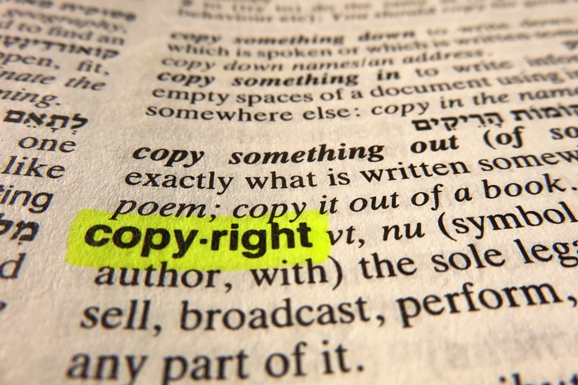Last Wednesday, the Federal Government introduced the Copyright Amendment (Disability Access and Other Measures) Bill 2017 into parliament.
The government has argued that the bill would simplify the copyright framework for the disability, education, library and archive sectors while still respecting the interests of copyright holders.
In a statement, Minister for Communications and the Arts Mitch Fifield said the bill was an “important next step” in the government’s plan to work collaboratively with stakeholders to modernise copyright law.
Among the bill’s measures is a flexible exception for use by disability organisations, as well as a fair dealing provision for people with a disability. Fifield said the changes, which implement Australia’s obligations under the Marrakesh Treaty, would enable people with a disability to have fair access to copyright material in formats suitable to their individual needs.
The bill also includes measures that the Minister said would make it easier for students and educators to use copyright material, such as when conducting exams online. Educational institutions and copyright collecting societies would also be able to develop their own agreements for use of copyright material, instead of being constrained by “prescriptive regulation”.
Lastly, libraries and archives would also have greater flexibility in how they undertake their preservation functions, and would be able to provide greater access to and use of unpublished material.
Screenrights has welcomed the the bill, stating it would provide clearer guidelines for teachers to determine whether a transmission is covered by the Screenrights licence, and extend the coverage to online simulcasts.
It said the changes would ensure there was no accidental infringement of copyright by educational institutions while also protecting copyright owner’s right to be paid a fair fee.
Screenrights, Copyright Agency Ltd, Universities Australia and the Copyright Advisory Group made a joint proposal to government around reform of educational statutory licences.
“The proposed amendments to the statutory licences will improve and clarify their operation. They will make it easier for teachers and lecturers across Australia to teach with television and radio,” said Screenrights chief executive Simon Lake.
“The collaborative model facilitated by government in the development of the statutory licence provisions has been a successful and productive approach to copyright reform. We encourage this approach for pending copyright reforms.”
Controversial provisions relating to safe harbour were removed from the copyright bill before its introduction to parliament. Senator Fifield said the government needed to further consider feedback on this proposal whilst not delaying the passage of other important reforms.
The Productivity Commission’s report into intellectual property arrangements recommended that the safe harbour scheme be expanded to cover all online providers such as content hosts and search engines. Currently Australia only offers safe harbour protection to commercial internet service providers (ISPs) like Telstra and Optus, indemnifying them from being held liable for alleged copyright infringement occuring over their networks.
Expanding the safe harbour scheme has been criticised by organisations such as Screen Producers Australia, but is supported by others, such as Universities Australia and Google.


